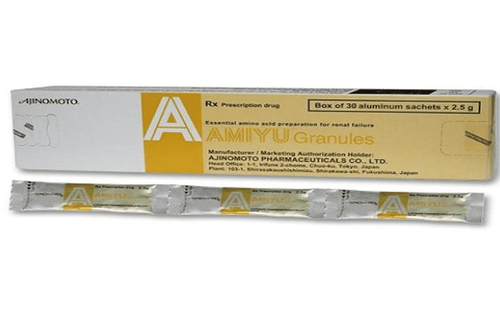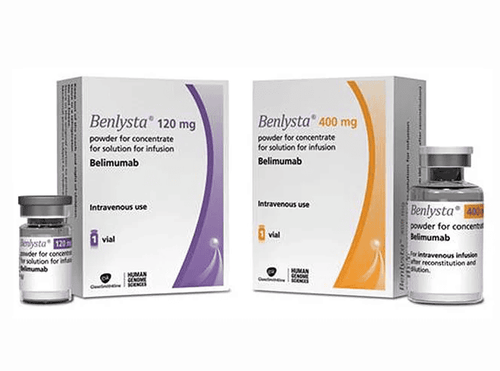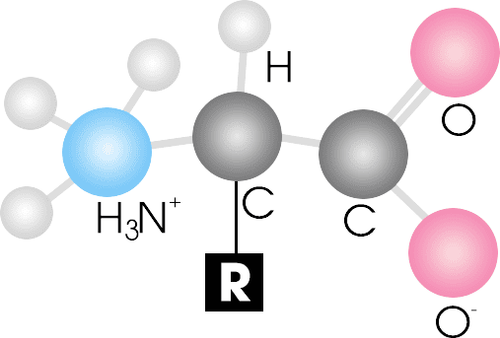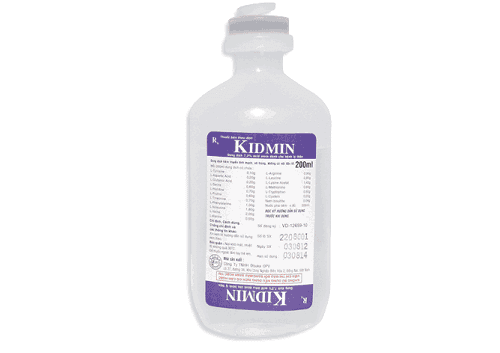This is an automatically translated article.
Threonine is the last essential amino acid discovered by William Cumming Rose in 1935. This amino acid supports the body's immune system by participating in the production of antibodies.1. What is Threonine?
Threonine is an essential amino acid but cannot be synthesized by the body and must be obtained from food or medicine. Threonine supports many organs such as the central nervous system, the heart, the liver, and the immune system. Moreover, it also helps synthesize glycine and serine, two components that play a role in the production of collagen, elastin and muscle tissue. In addition, threonine supports strong bones and tooth enamel, speeds up wound healing (after trauma or surgery) by boosting the immune system.The mode of action of threonine is as follows:
It combines with aspartic acid and methionine to help the liver digest fats and fatty acids. This process helps to reduce the accumulation of fat in the liver, increasing the liver's ability to function; Threonine is also useful in the treatment of amyotrophic Lateral Sclerosis (ALS, also known as Lou Gehrig's disease); Scientific studies also show that threonine also helps relieve symptoms of Multiple Sclerosis (MS), a disease that affects the nerves and muscles; In addition, threonine is noted as an immunostimulant that promotes the growth of the thymus. Threonine is found in many meats, dairy products, and eggs, but in lesser amounts in wheat germ, nuts, legumes, and some vegetables.

Threonine có nhiều trong thịt, chế phẩm từ sữa và trứng
2. Supplemental dose of threonine from pharmaceuticals
In cases where threonine supplements from pharmaceuticals are required, the dose applied in scientific studies for movement disorders due to spinal cord injury is 6g orally per day.
3. Side effects when using threonine
In general, threonine is relatively safe to use in doses up to 4g per day for 12 months. Some patients experience undesirable effects such as abdominal pain, headache, nausea and skin rash.
For patients with amyotrophic lateral sclerosis, there is some concern that threonine use may decrease lung function. In one study, amyotrophic lateral sclerosis patients taking 4g a day in four divided doses for 6 months exhibited a decrease in lung function compared with patients not receiving threonine. However, more evidence is needed to confirm this.
4. Drug interactions when using threonine
There is some concern that threonine might decrease the effects of memantine (Namenda), a drug used to treat Alzheimer's disease.
Please dial HOTLINE for more information or register for an appointment HERE. Download MyVinmec app to make appointments faster and to manage your bookings easily.
Reference source: webmd.com












